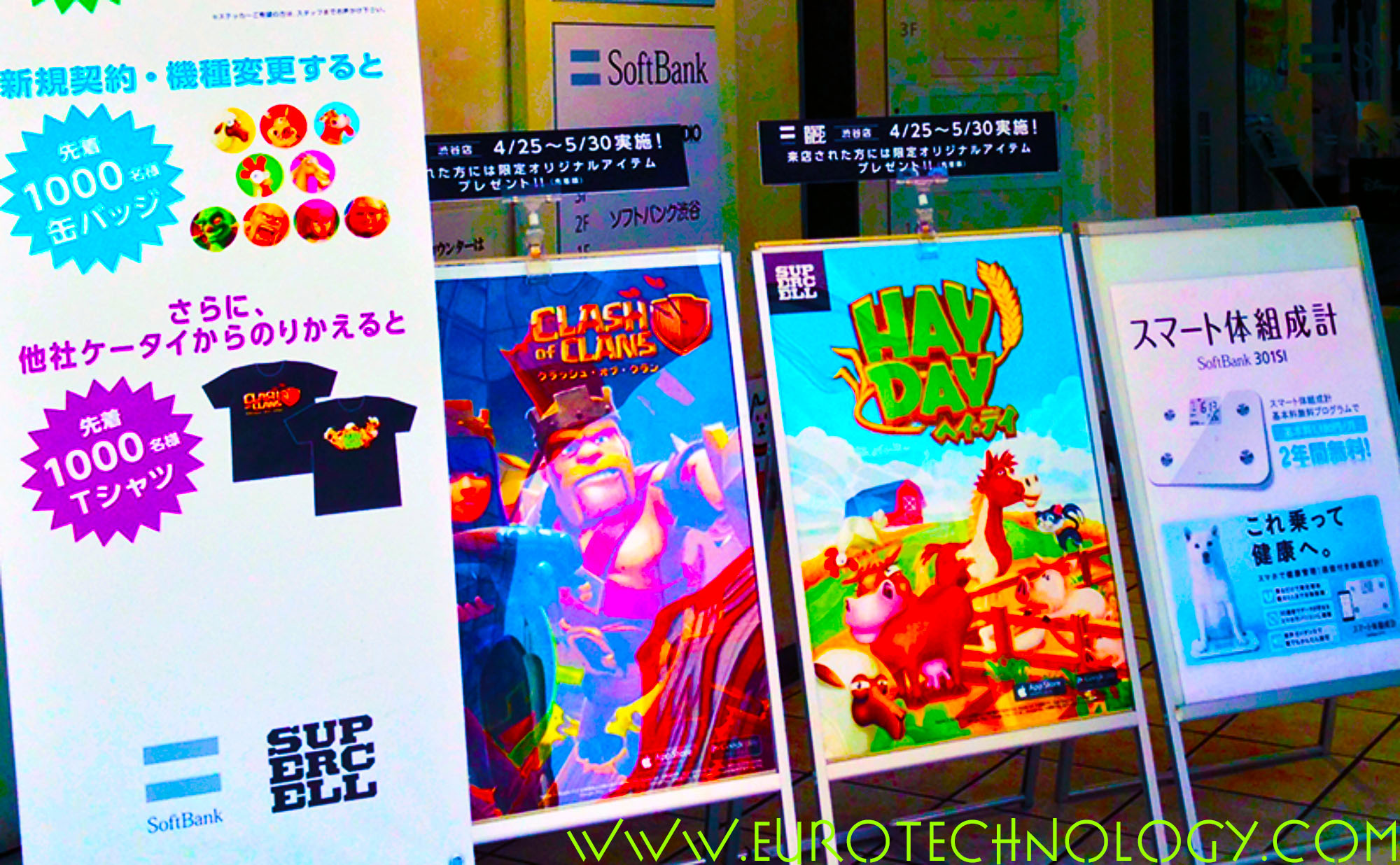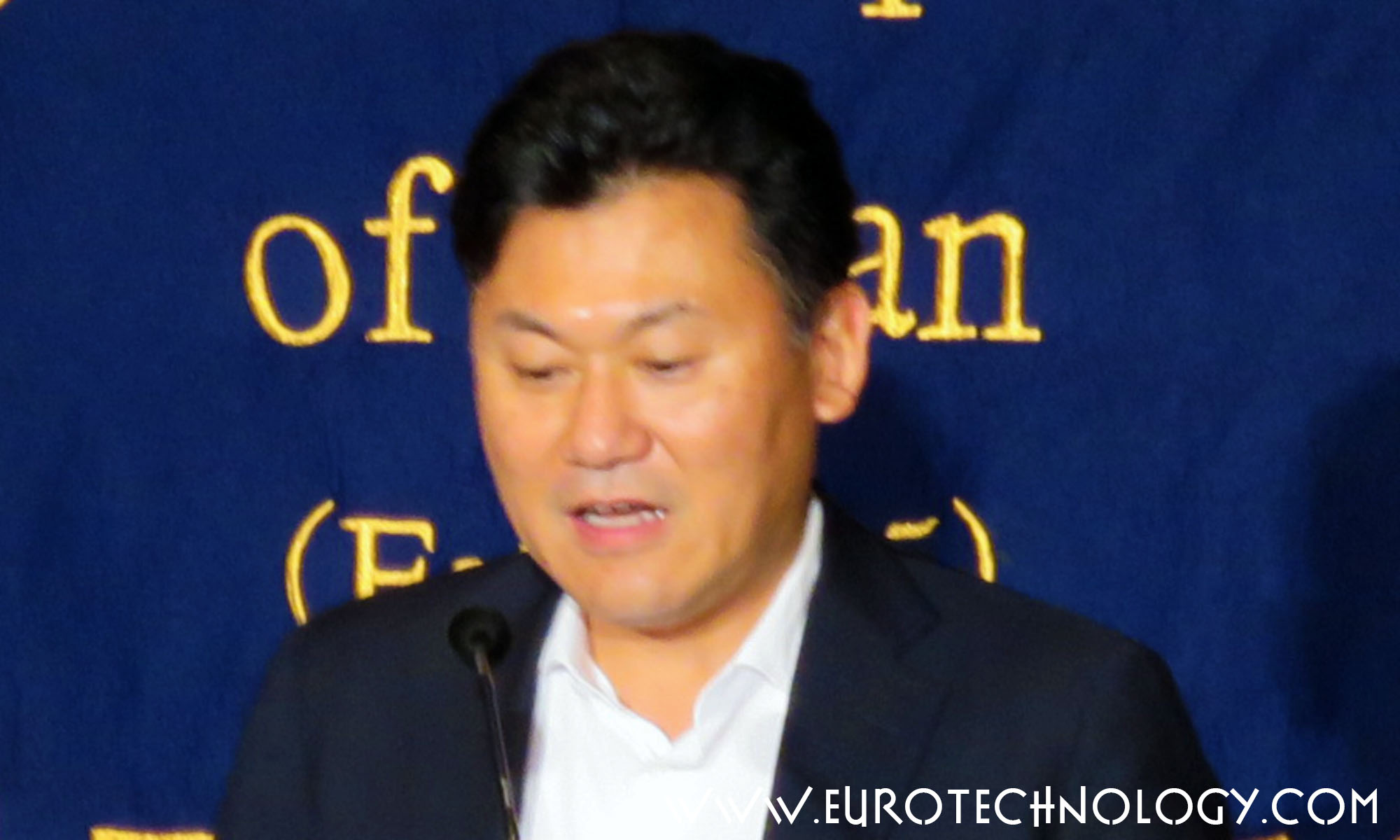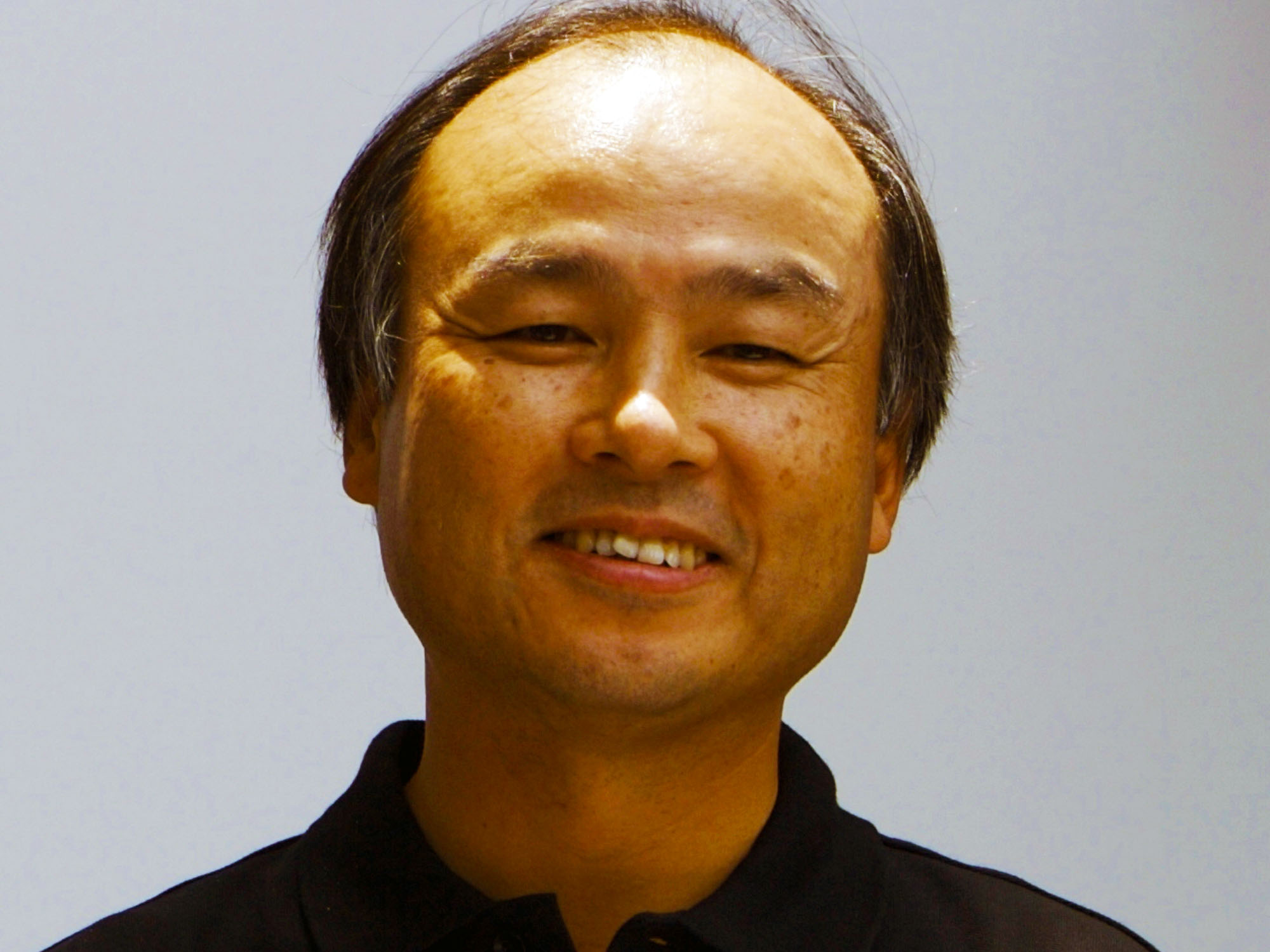Tag: Masayoshi Son
-

SoftBank acquires ARM Holdings plc: paradigm shift to internet of things (IoT) and a Vodafone angle
On 18 July 2016 SoftBank announced to acquire ARM Holdings plc for £17 per share, corresponding to £24.0 billion (US$ 31.4 billion) SoftBank acquires ARM: acquisition completed on 5 September 2016, following 10 years of “unreciprocated love” for ARM On 18 July 2016 SoftBank announced a “Strategic Agreement”, that SoftBank plans to acquire ARM Holdings…
-

“Japanese superman Masayoshi Son” invests in Supercell (interview for Talouselämä, Finland’s largest business newspaper)
“Japanese superman Masayoshi Son” invests in SuperCell – interview with Finland’s largest business newspaper Talouselämä Talouselämä (Finland’s largest business newspaper)’s news editor Mirva Heiskanen interviewed me for their article entitled “Japanese superman Masayoshi Son invests in Supercell” (Supercellin ostaja Masayoshi Son on Japanin supermies). More interviews by Gerhard Fasol. To understand SoftBank better, read our…
-

Supercell wins SoftBank and GungHo investment
Supercell investment by SoftBank and GungHo Supercell investment leverages paradigm shift, time shift and market disconnects Smartphones and the “freemium” business models are bringing a dual paradigm shift to games and create a new truly global market. To take advantage of this global paradigm shift, its necessary to overcome the cultural disconnects between markets. SoftBank…
-

Rakuten vs SoftBank + Yahoo vs Amazon (Bloomberg and BusinessWeek interviews)
Rakuten vs Softbank Yahoo reduces e-commerce fees to compete harder with Rakuten’s online mall Bloomberg interview and BusinessWeek interview about Yahoo KK’s aggressive reduction of ecommerce fees, a move increasing competition with Amazon.com and Rakuten. How do you see Yahoo KK’s latest move to reduce or eliminate merchant’s fees? Do you see this as an…
-

Masayoshi Son threatened to set himself on fire in Japan’s Postal Ministry?!
Masayoshi Son threatened to set himself on fire in Japan’s Post and Telecommunications Ministry? Is it really true? by Gerhard Fasol Masayoshi Son is known for his unbreakable will to achieve his and his companies’ business goals, and the will to take risks. Masayoshi Son threatened to set himself on fire in the Ministry?!? Spectrum…
-

Growth in Japan: the SoftBank group
SoftBank gaining market share in Japan SoftBank market cap catching up with Docomo Mobile subscription data released last week show, that the SoftBank group continues to gain market share while incumbent NTT-docomo continues to lose market share – an upward trend for SoftBank, and a downward trend for NTT-docomo essentially unbroken since SoftBank acquired Vodafone-Japan…
-

Masayoshi Son: “I am a man – and I want to be Number 1”
SoftBank aims for global No. 1 position…acquiring SPRINT on the way to the top SoftBank: towards global No. 1 with a 300 year vision To understand SoftBank, and the planned SPRINT acquisition, you need to understand Masayoshi Son – and Masayoshi Son says: “I am a man – and I want to be Number 1”.…
-

Japan telecom sector financial results and the Softbank-Sprint take-over battle
SoftBank seeks to win, where Docomo failed – taking Japan’s telecoms know-how global Japan telecom sector financial results: very very healthy With SoftBank and DISH battling for US mobile operator SPRINT, the eyes are on Japan’s very healthy mobile phone sector, which a few days ago announced financial results for FY 2012. Japan’s mobile operators…
-

Japan wireless industry boom driven by smartphones. Japan adds about two Finlands worth of wireless subscriptions per year.
Japan wireless industry adds 11 million subscriptions/year currently Softbank targets ¥ 1 Trillion operational income Japan wireless industry is growing, and Japan’s mobile operators add 11 million subscriptions/year currently: Japan adds about two Finlands worth of wireless subscriptions per year. Softbank entered the telecom arena in 2001 with Yahoo BB, Nagoya Metallic and later Osaka…
-

SoftBank accounting adjustments – a Red Herring interview
SoftBank accounting adjustments Vodafone Japan turn around under SoftBank – Interview for Red Herring Helped RedHerring with an interview on the recent SoftBank accounting adjustment. The article is entitled “Softbank Falls on Lehman Cut” and appeared on the RedHerring website on August 28, 2006. Our company also recently advised a major global financial institution on…
-

SoftBank a small fry, writes BusinessWeek …. really??
Comparing Apple and SoftBank Is SoftBank really smaller than Apple Computer? In my 20 years of business and work between US/Japan and EU/Japan, I am often surprised how Western executives underestimate economic size and strength of Japan and it’s companies – here is another example:BusinessWeek writes about the SoftBank/iPod phone, and writes that former Apple…
-

Interview with Businessweek Editor David Rocks about Masayoshi Son and Japan’s telecom sector
Businessweek Editor David Rocks: “if you would meet Masayoshi Son, what would you ask him? by Gerhard Fasol Businessweek Editor David Rocks came three weeks to Japan to report on Japan’s telecommunications and technology sectors, arrived Friday and took me for dinner Friday night. A few days later David Rocks called me during my lunch…